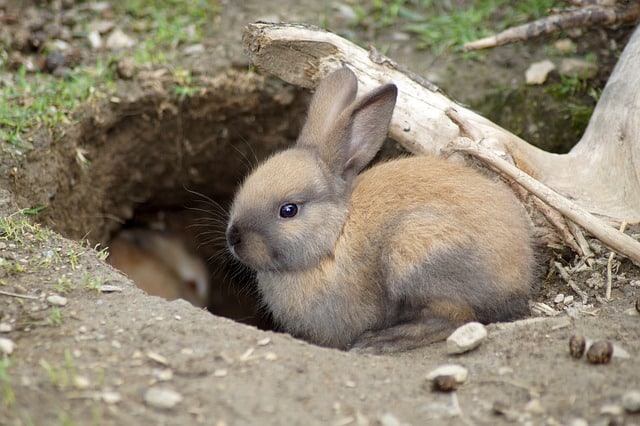
The hiding place is usually secret and difficult to access.
A hiding place is a place that is conducive to hiding or hiding something . It is a place that, due to its characteristics, is difficult to be detected or to notice what is inside .
Synonym of lair
A hiding place is a den . Suppose a smuggler with an arrest warrant tries to evade security forces. With that goal, he moves away from the city and settles in a ranch in the middle of a field . Separated from civilization, the subject turns that remote place into his hiding place.
Take the case of a man who is ordered by his doctor to stop eating sweets so as not to suffer a health problem that could be serious. The subject assures that he will change his diet and tells his wife that he will take care of himself: however, he keeps chocolates and sweets in a hiding place in the kitchen so that he can continue eating these products without being seen.
Any hiding place, in short, must be difficult to find . Otherwise, it would not be able to fulfill its function. The idea of someone who uses a hiding place is to go unnoticed, being able to stay there without anyone seeing them or without what they are trying to hide being seen.
Some examples
For example: “We had been looking for the hiding place of this dangerous gang of criminals for years and now finally, thanks to the collaboration of the neighbors, we have discovered it,” “The squad managed to find the hiding place of the terrorist, who was hiding in a cave in “In the middle of a mountainous area that is difficult to access,” “These lands were a hiding place for pirates for decades.”
In the first example, we understand that a group of criminals were hiding in a well-defined place between robberies, instead of simply returning to their homes or escaping aimlessly. The second talks about the space in which a terrorist took refuge to avoid being found by the security forces. Finally we have an example of historical tone in which it is said that the area in question was used by various pirates as a hiding place, probably due to its difficult access .
Various purposes
As mentioned above, the hiding place must be a remote place, known to no one except its user, difficult to find and with the appropriate characteristics to hide a thing or a person . This leads us to understand that this private and secret space can have more than one purpose, although the ultimate objective is that certain people do not find it.
Perhaps due to its use, the fact that it is generally associated with criminals, pirates or rebellious people, this term seems to have a negative connotation, as if it were a place where only stolen goods or people trying to hide could be hidden. evade the authorities . However, this nuance of crime or defiance of norms does not appear in dictionaries, but simply the equivalent meaning of "hiding."

There are animals that create their own hiding places
That said, the hiding place seems to be linked to mystery , to the search for a place in which we can do things that we do not want to share with others. For example, a person who feels overwhelmed by his family situation may turn a secluded and hard-to-reach corner into his hiding place to reflect on his relationships and feelings, and this need is genuine, without any negative overtones.
After all, in nature animals make their own hiding places to protect themselves from predators or to prevent other herds from stealing their food , among other purposes. It is perhaps the feeling of danger or vulnerability that leads us to hide, and not always the fear that a sinister secret will be discovered and we will be punished.
